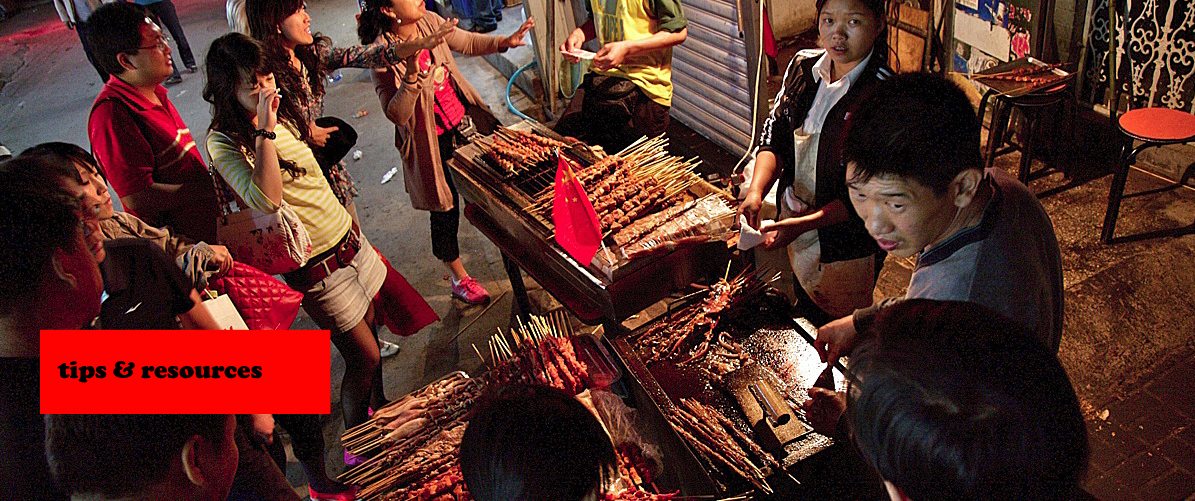Check out some of the best China travel tips and resources available, brought to you by China Mike! These will help you plan your trip to China as well as let you in on things you should know before going to this country such as the people, climate, visa, hotel, tourism and much more.
Why You Should Travel to China
In the world we live in today, traveling to China as never been easier! If you are looking for a travel destination that is exotic, packed full of new sights and experiences with a stimulating culture…then China is the place for you!
Whether you may already be planning a trip to China or are still looking at different destinations, this list of reasons will help convince you why you should visit China and why China is so special.
China Tourism Statistics
Tourism in China is a rapid growing industry that is becoming a significant part of the Chinese economy. The rate of tourism has greatly expanded over the last couple decades since the beginning the reform and opening. China has become one of the world’s most-watched and busiest inbound and outbound tourist markets.
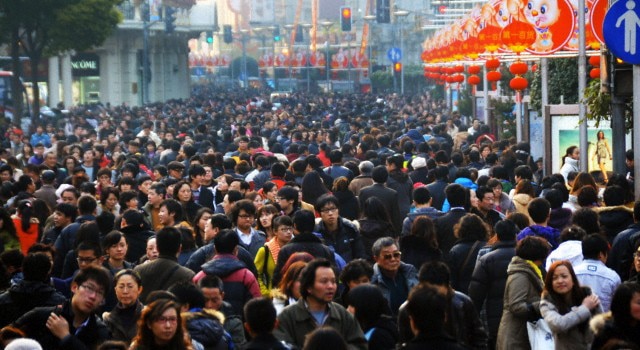
In this article you will find the latest facts and figures describing China tourism statistics in 2019.
When You Should Travel to China
Fortunately, China is a year-round travel destination. Regardless of when you are considering going, there is always a place that is worth visiting. However, there are two main considerations when planning your trip to China:
1. Avoiding China’s National Holidays and
2. The Weather
Safety & Crime in China
Fortunately, China is a comparatively safe place to live when it comes to violent crime that we see in our world today. However, expats and other travelers should be aware of potential natural hazards and China’s strict control of public order. Read my thoughts on the safety & crime in China:
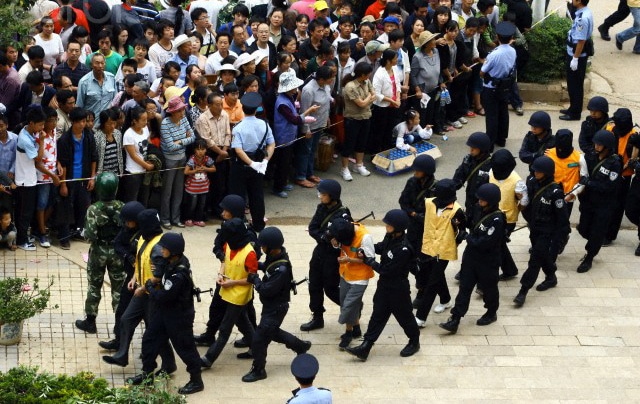
Avoiding Common Scams in China
Knowledge is power. The more you know about common tourist travel scams in China, the more likely you are not to get conned. Learn how to avoid tourist scammers in Shanghai, Beijing and throughout other parts of China with these tips provided in the article below.
Chinese Manners & Etiquette Tips
To help with the culture shock that you may experience when traveling to China for the first time, we have gathered a vast amount of Chinese Manners & Etiquette Tips for Travelers; as well as some other things to keep in mind when visiting this fascinating country.
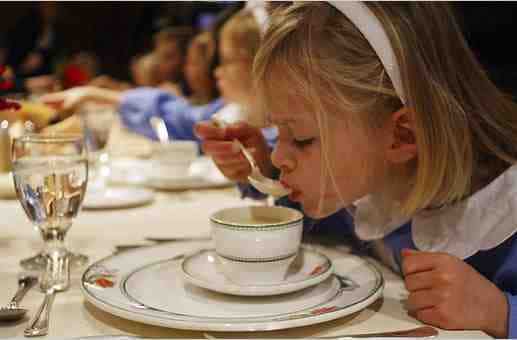
Shopping in China
Shopping in China can be very intimidating…but it doesn’t have to be. This China shopping guide will be useful in helping you decide what to buy and where to buy it while in China.
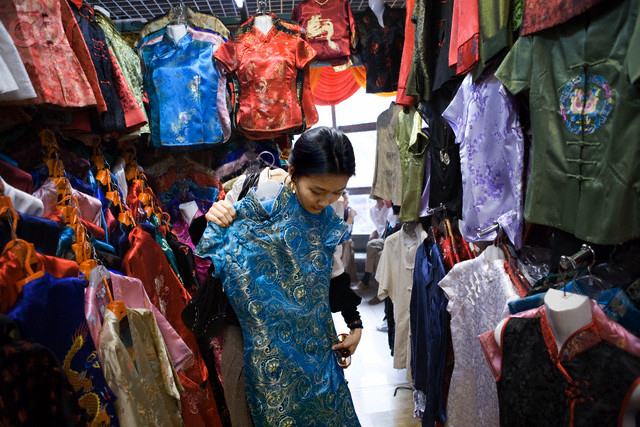
The Art of Bargaining in China
Bargaining in China is an extreme sport and art form. I’m being sarcastic…kind of. The reality is that unless you want to pay a premium for the items you buy in China, learning to bargain is an essential skill. In this foreigner’s guide to bargaining in China, we’re going to be covering everything you should know on how to bargain in China.
China Travel & Tourism Maps
In this article, you will find a growing collection of China maps detailing cities, regions and the entire country! We have linked all kinds of maps of China for you, including detailed maps of provinces and cities which you can download and print.
FAQ for The First-Time Traveler to China
If you’re an English-speaker, traveling in China isn’t as difficult as you might think. One thing I’ve learned from traveling in developing countries is that if there’s money to be made from tourists, you’ll always find people who can speak English. Every day countless enterprising people in the tourist trade — from shopkeepers to tour guides — are eagerly learning English and practicing with foreigners.
Although I can speak basic Mandarin, I’ve had no problem backpacking solo through other Asian countries where I didn’t speak a word of the local language — from Cambodia to Burma to Nepal. In fact, I found it much easier getting around these countries compared to my English-only travels through France and Italy.
The Chinese — particularly the younger generation — are enthusiastic about learning English. According to a Wikipedia estimate, there are some 10 million proficient English-speakers in China. And that doesn’t include the often-cited 300 million “English learners” in the country, who start as early as third grade. The Chinese know that English is the de-facto language of global commerce and politics. Students applying to college have to pass a mandatory English proficiency test. They also know it makes them much more marketable after graduation (though their reading skills are far superior since they’re typically shy about practicing their conversational skills).
Also, remember that the government is aiming to be the top tourist destination in the world — they’re investing billions of dollars to make travel as easy as possible for foreigners. So unless you’re venturing way off the tourist track to some tiny remote village, you’ll get by fine with English (and some good non-verbal miming skills).
See the section on “Safety & Crime” for more info. In short, crime against foreigners (especially violent crime) is extremely rare in China. Any would be criminals understand that getting caught committing a crime against a foreigner is bad publicity (and “loss of face”) for the country’s ambitious tourism industry.
If anything, you’ll just be over-charged for stuff. At worst, you might get pickpocketed if you’re careless and unlucky. Or if you’re not careful, you could get scammed (see “Scams”).
On the whole, the Chinese have a very favorable and respectful view of Westerners (even Americans despite our recently battered global reputation). Some may not like our government policies but as a population, they’re good about differentiating between the actions of a country’s leaders and the average citizen. On a similar note, when I was backpacking through Vietnam, I was a little worried about telling people that I was an American. I was astounded to find that not a single person I told showed even the slightest bit of ill-will towards me, despite the “American War” that killed millions of Vietnamese (I heard the same from many Caucasian Americans too).
So don’t worry about being poorly treated or targeted as a foreigner. Instead, worry more about that bus barreling down the street towards you.
Pollution is a problem in China, there’s no denying. For the traveler, the main concern is air pollution inside the cities or around industrial areas. So if you’re asthmatic or have some respiratory issues, this could be a concern.
It’s possible that I’m not as sensitive to it because, personally, I’ve never really noticed it to be any worse than the pollution of say, L.A. or any other major Asian city. Which is not to say that parts of China don’t have apocalyptic pollutions — but for the most part, these areas don’t overlap with the tourist destinations that you’ll likely encounter (such as mining towns and industrial centers).
As far as getting sick from drinking water, bottled water is cheap and plentiful. And because the Chinese love their tea, you’ll find purified, boiled water everywhere — from your hotel room to your train carriage.
And in my opinion (and from talking with many travelers) your risk of getting food poisoning in China is low, especially compared to other developing countries. Chinese food is typically made with fresh ingredients and stir-fried at high temperatures. But still, be wary of any food that looks like it may have been leftover from yesterday’s buffet or otherwise sitting around. Stick with places that have a high turnover of customers (and bring some Imodium AD just in case)!
Tipping is not an established practice in China. You’re not expected to tip anyone, including taxi drivers, waiters/waitresses, or hair stylists. In higher end restaurants in Hong Kong (and increasingly in Shanghai and Beijing), you might see a 10% service charge added to your bill. Having said that, the practice has been catching on (enthusiastically I might add) — the expectation of getting a tip has increased in tourist services that cater to foreigners. For example, it’s a good idea to leave a tip (or group tip) to your tour leader (depending, of course, on the number of days and quality of service). But don’t feel as if you’re obligated to do so (especially if the service was sub-par or mediocre) — domestic Chinese (and most Asian) tourists typically don’t tip anyone while in China.
Also, bell hops in upscale hotels that see a lot of foreigners are more than happy to get a small tip (again, don’t feel at all obligated to do so).

